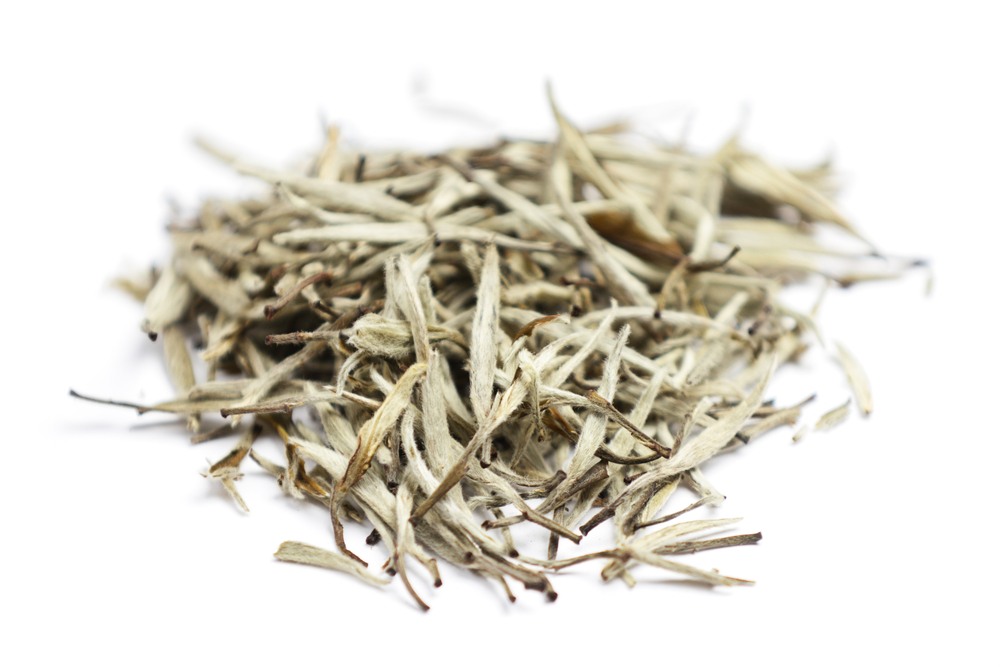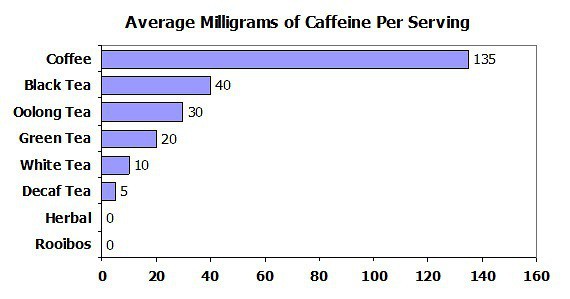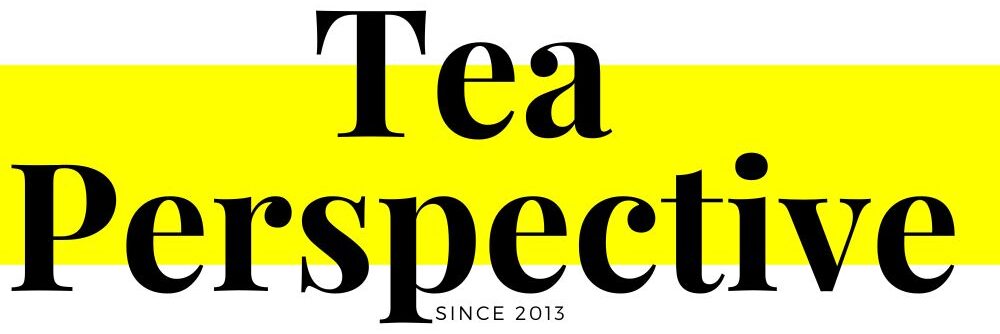We hear this question all the time, so today we’re going to answer you once, and for-all, so does white tea have caffeine?
The answer is yes, it does. However, it does have the lowest amount of caffeine compared to other tea types.
The average cup of white tea contains anywhere from 6-25 mg of caffeine, where a comparable black tea contains 23mg.
This article will look into the effects of caffeine and the process of oxidation and the amount of caffeine per cup of tea.
Stay with us while we explore the different types of tea and the different caffeine levels that they all contain.

Types of White Tea
There are two main types of white tea: Silver Needle and White Peony.
However, there are several other white teas, including Long Life Eyebrow and Tribute Eyebrow, along with artisanal white teas such as Ceylon White, African White, and Darjeeling White. Silver Needle and White Peony are considered to be the most superior when it comes to quality.
What is Caffeine and How Does it Affect My Body?
Caffeine is a natural stimulant most commonly found in tea, coffee, and cacao plants.
It works by stimulating the brain and central nervous system, helping you stay alert and prevent the onset of tiredness.
The amount of caffeine that an average adult should consume to stay in the healthy range will be dependent on a variety of personal circumstances and individual situations as some people can be very sensitive to caffeine and feel jittery, agitated, restless, and unable to sleep if they consume too much caffeine.
Studies have shown that up to 400 milligrams (mg) of caffeine a day appears to be safe for most healthy adults.
That’s roughly the amount of caffeine in four cups of brewed coffee, 10 cans of cola, or two “energy shot” drinks but don’t forget as we said everyone is different and some people can be more sensitive to caffeine than others.
Does White Tea Have Less Caffeine Than Coffee?
Yes!
A common misconception about the caffeine content in tea is that white tea has no caffeine or that all tea has the same amount of caffeine as other caffeinated drinks.
This simply is not true; while all tea naturally contains caffeine, it’s not uniform across the board.
If you are particularly sensitive to caffeine, try a naturally decaffeinated white tea or herbal tea.
Herbal tea is caffeine-free, and Chamomile tea or sleepytime tea has been known to aid sleep and assist in relaxing the body to prepare for restful sleep.
Is all White Tea Caffeine Free?
No, white tea is not caffeine-free but it only has 10 mg of caffeine per serve compared to black tea which has around 40 mg of caffeine per serve.
That’s ¼ less caffeine than the standard black tea and only 5mg more than decaffeinated and half the amount of green tea.
How Much Caffeine in White Tea VS Other Hot Drinks:
White Tea has quite a bit less caffeine than that of any other tea or caffeinated beverage, the caffeine content is much lower than black tea and green tea and as you can see below, it contains only 5mg more caffeine than decaf tea.

White Tea’s Oxidation And It’s Effect On Caffeine
Oxidization is the key factor in how much caffeine gets into your cup of tea. White tea is not oxidized at all compared to black or Oolong tea.
Even green tea has had the chance to oxidize further than the early buds of white tea.
The further along the tea leaf is in the process of oxidation, the more caffeine will be able to enter the water you brew your tea in.
White tea not being oxidized means it holds its caffeine in the leaf far better than black tea. Leaving the brewed water with minimal amounts of caffeine.
This makes it the perfect option, a cup of tea without worrying about being up all night.
If you are sensitive to caffeine herbal tea may be a great solution for you or decaf tea or you could try to make your white tea weaker by letting it steep for less time or adding more milk to dilute the caffeine content.
In general, white tea is lower in caffeine naturally but if you are trying to consume less caffeine, herbal teas have zero mg of caffeine per cup.
If you are looking to find some EXCELLENT white teas to taste.
We’ve compiled a list of the best ones we’ve come across, and we invite you to take a look once you’ve had your questions answered on this page.
White tea’s flavors are quite subdued normally, try mixing your loose leaf white tea with peppermint or chamomile for a perfect cup of tea before bed, especially considering that chamomile tea can help lower blood sugar.
Tap into the health benefits of white tea at any time of the day. The fact that it’s closing in on bedtime shouldn’t mean you can’t enjoy your favorite white tea, missing out on powerful antioxidants and soothing characteristics that help calm you before bed.

The Benefits of Caffeine
The health benefits of caffeine have been under a lot of investigation.
Some studies say caffeine may improve your mood, decrease the likelihood of depression, stimulate brain function, and protect against Alzheimer’s Disease or Parkinson’s Disease.
This is an area that needs to undergo more testing, but caffeine has also shown to have some positive effects on weight loss and metabolism boosting.
In moderation consuming some caffeine has shown to have some vast benefits and improved overall health.
White tea has the highest concentration of L-theanine amongst the true teas.
L-theanine is known for improving alertness and focus in the brain by inhibiting exciting stimuli that can lead to overactivity.
By calming the stimuli in the brain, white tea can help you relax while also increasing focus.
Downsides of Caffeine
Like most things in life, too much can be bad for you. Excessive amounts of caffeine have been noted to raise blood pressure, increase heart attacks, insomnia, indigestion, and increase headaches.
More research is needed in this field, but it’s suggested not to exceed 400 milligrams (mg) of caffeine a day and always to seek medical advice about any concerns you may be feeling about your diet.
White Tea Has Other Benefits
White tea is rich in antioxidants. Antioxidants protect the cells from damage by compounds called free radicals.
Antioxidants are found in most tea and can help with skin irregularities such as acne, blemishes, and discoloration.
White tea also contains high amounts of phenols, which can strengthen both collagen and elastin, lending a smoother, more youthful appearance to the skin.
These two proteins are vital in creating strong skin and preventing wrinkles and can be found in a variety of skincare products.
Yes White Tea Has Caffeine… But!
Unless you are extremely sensitive to the effects of caffeine this tea should not make a difference in the ability to fall asleep at night.
In fact thanks to the minimal processing in white tea, white tea contains the highest levels of L-theanine, which has a range of incredible health benefits, including improved mental focus, reduced stress, and better sleep quality.
If you enjoy white tea there should be no reason to avoid this tea before bed due to the caffeine content.
If you are looking for a cup of tea to enjoy its vast health benefits but want to get to bed soon, choose white tea and stray away from the black teas until in the morning.
Happy Sipping
